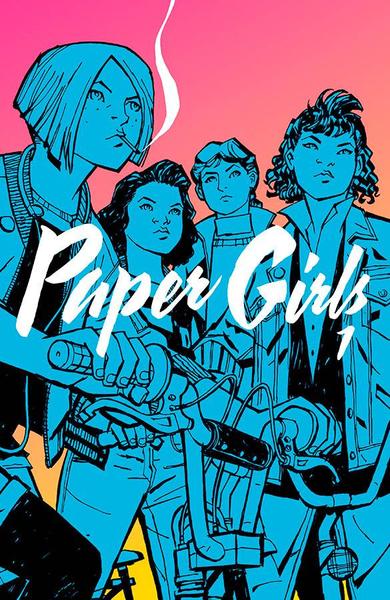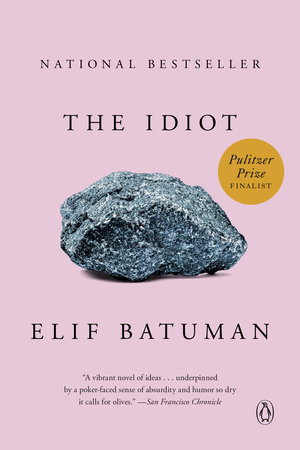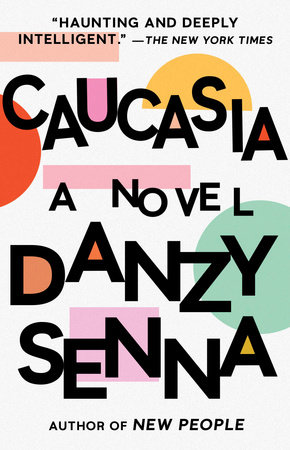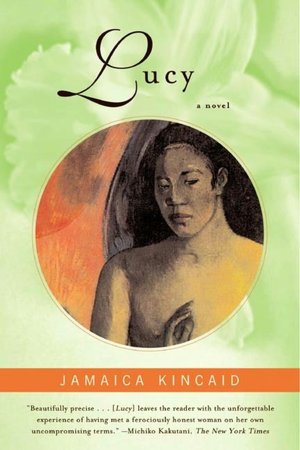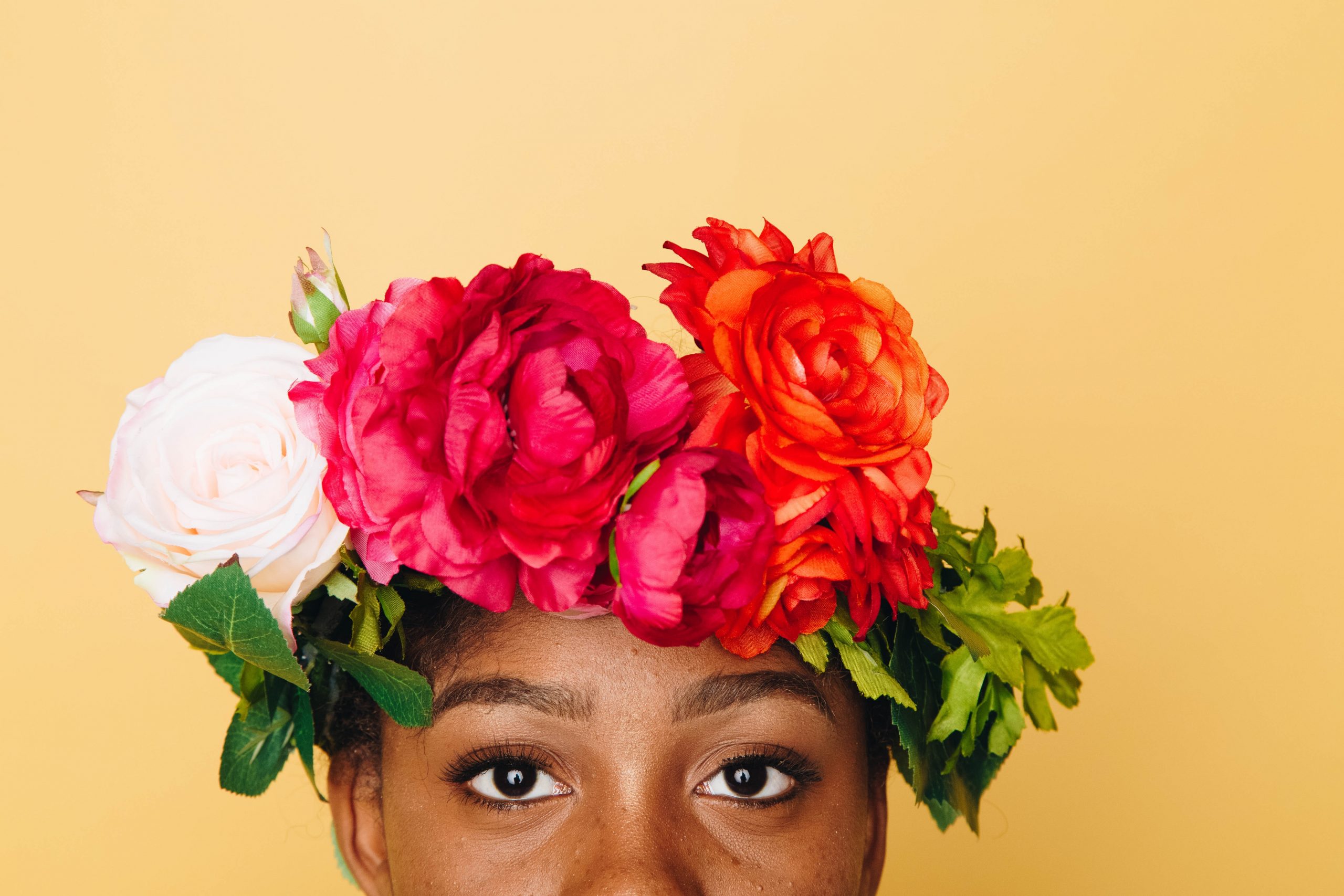Reading Lists
‘The Catcher in the Rye’ Is Fired
Our latest installment of Fire the Canon suggests alternate coming-of-age stories

There are a lot of reasons to love J.D. Salinger’s first-person novel about a disaffected youngster, even nearly 70 years later. It’s a book with cussing in it that you’re often required to read in school. It’s the way many of us learned to pronounce the name “Phoebe.” It potentially pushes teens towards a career in cold-weather ornithology. And if you’re a white, relatively affluent, permanently grouchy young man with no real problems at all, it’s extraordinarily relatable. The problem comes when you’re not. Where’s the Catcher in the Rye for the majority of readers who are too non-young, non-white, and non-male to be able to stand listening to Holden Caulfield feel sorry for himself?
Fire the Canon is Electric Lit’s limited series on making the standard high school syllabus more inclusive. In this edition, our panel of writers and educators—high school English teacher Larissa Pahomov; National Book Award finalist Carmen Maria Machado; writer Jaya Saxena, who among other things wrote a series about classic children’s literature on The Toast; and writer and professor Kiese Laymon—suggest alternatives and supplements to The Catcher in the Rye.
Carmen Maria Machado suggests: We Have Always Lived in the Castle by Shirley Jackson
Folks who think The Catcher in the Rye is the height of edginess and adolescent angst are not going to be ready for Shirley Jackson’s singular bildungsroman about social ostracism, ne’er-do-well relatives, witchcraft, and murder. Just read this opening paragraph and tell me you don’t want to sit down with this novel immediately:
My name is Mary Katherine Blackwood. I am eighteen years old, and I live with my sister Constance. I have often thought that with any luck at all, I could have been born a werewolf, because the two middle fingers on both my hands are the same length, but I have had to be content with what I had. I dislike washing myself, and dogs, and noise. I like my sister Constance, and Richard Plantagenet, and Amanita phalloides, the death-cup mushroom. Everyone else in our family is dead.
Jaya Saxena suggests: Paper Girls by Brian K. Vaughan
The thing about Catcher is that it’s really great for validating teen angst and really bad at transforming that angst into anything like empathy, because the second you turn 18 Holden Caulfield becomes a whiny brat who only softbois and murderers connect with. It could easily be replaced with Paper Girls, written by Brian K. Vaughan and illustrated by Cliff Chiang. Not only do you get four flavors of teenage angst in there (inspired by poverty, sexual orientation, race, addiction and more), the entire sci-fi story is about how adults fail children, generation after generation, even when they have the ability to time travel. Their angst feels real in a way Holden’s never does, and is complex enough to resonate beyond teen years.
Larissa Pahomov suggests: The Idiot by Elif Batuman
The main character of Elif Batuman’s novel is the kind of student who, had she been assigned “Catcher in the Rye” in English class, would have had a hard time connecting with Holden Caulfield’s dramatic flame-out. Selin is many things that Holden is not: communicative with her mother, going to Harvard in the fall, plays the violin. When she experiences her first love with an ambivalent upperclassman, she doesn’t run away to New York to brood, but her experiences are just as confusing. Am I embarrassing myself in Russian class? What do all of his emails mean? What if I follow him to Europe for the summer? Selin is even-keeled, tentative, hopeful — and ultimately just as vulnerable and troubled as Holden in his hotel room.
Kiese Laymon suggests: Caucasia by Danzy Senna
Caucasia was the first novel I assigned as a 26-year-old professor at Vassar and students more than loved it. They worked with it. The canary in the coal mine metaphor gets a bit clunky at the end, but the pacing and politics of the book are still astounding. While Holden makes his way through New York and a particular kind of white boyish existentialism, Birdie and Cole make their way through Boston, the American family, femininity, hybridity, antiblackness, sexual violence and the rugged unrelenting conundrum of how to love the folks who made you when the folks who made you are tired of loving themselves.
Electric Literature staff suggests: Lucy by Jamaica Kincaid
Like Holden Caulfield, Kincaid’s eponymous Lucy is a teenager who is reckoning for the first time with the fundamental artificiality of white middle-class American life. Unlike Holden, Lucy is an outside observer: an au pair from the West Indies observing the hollowness at the heart of her employer family. When she thinks something’s phony, it stings.





